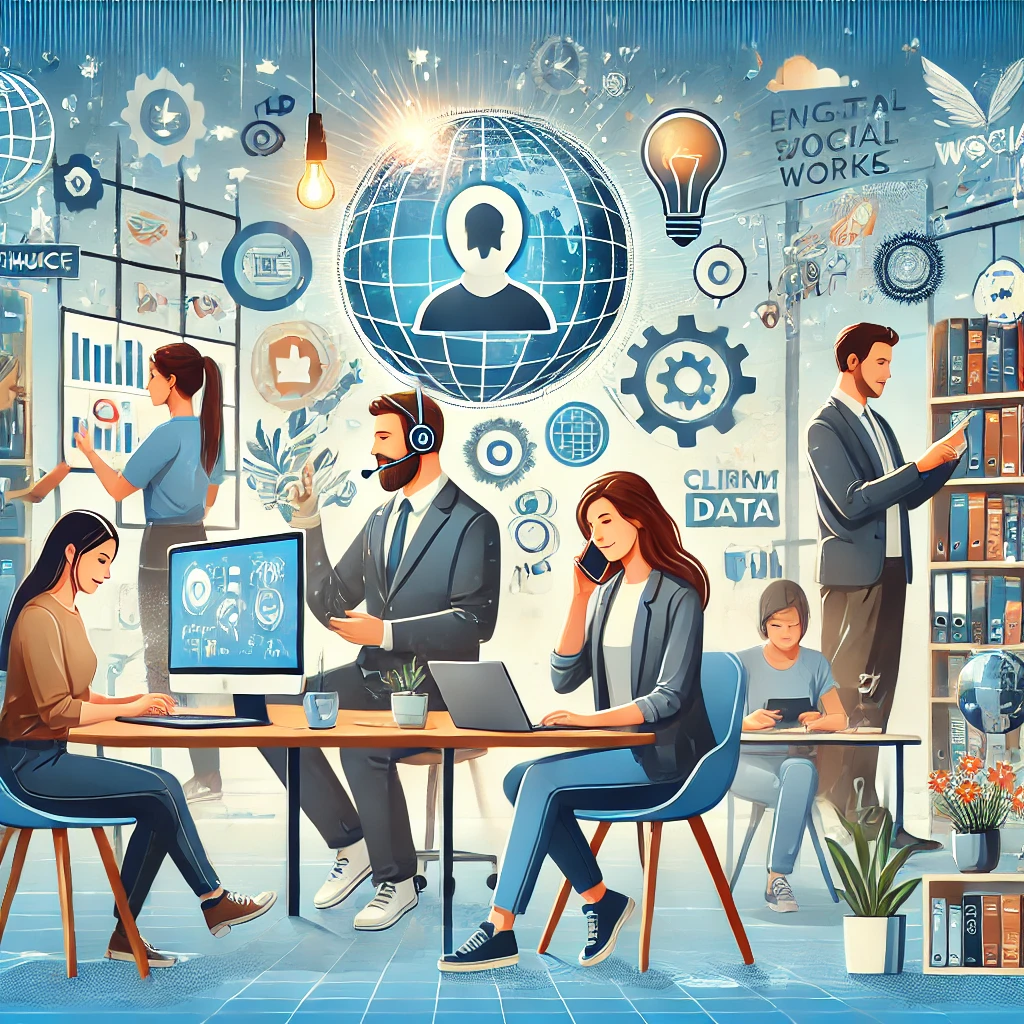Entering this class, I knew technology had some impact on social work practice, but the more we move through the semester I notice the smaller nuances and hidden risks that sit underneath the tools we use every day. The Ethical OS added another layer to that understanding. I chose zones 1, 2, 3, and 7 because they showed up in many of our earlier modules and helped me see how deeply technology shapes the experiences of both clients and practitioners.
The first zone, Truth, Disinformation, and Propaganda, immediately made me think about the Digital Transformations reading from a previous module. We talked about how people aren’t simply searching for information anymore. Information finds them, whether it’s accurate or not. During COVID and the racial justice movement, false information spread faster than verified updates and influenced fear, behavior, and decision making. It also reminded me of The Social Dilemma, where the designers explained how algorithms push whatever keeps people engaged, even if it creates confusion or panic. Disinformation makes stressful situations even harder for clients and adds extra challenges for social workers who are trying to support them.
The second zone, Addiction and the Dopamine Economy, showed up in many of our earlier modules. The Social Dilemma broke down how apps are intentionally designed to keep people addicted. Our burnout in remote practice reading described how constant screen time drains both clinicians and clients. The boundary issues reading highlighted how difficult it is to disconnect because technology pulls people back in both emotionally and mentally. The Ethical OS discussion about dopamine loops made me realize how many clients are dealing with emotional patterns shaped by their digital habits. Their sleep, mood, stress levels, and coping skills can all be influenced by technology they don’t fully understand.
Zone 3, Economic and Asset Inequalities, is most related to the Digital Divide module. The Digital Divide isn’t just about internet access. It reflects broader gaps in affordability, digital literacy, and the quality of access, which all shape who can participate in services and who gets left out. The Ethical OS pointed out that emerging technologies often widen inequality because the benefits go to people who already have resources, while marginalized groups get left out or monitored more heavily. The AI and CBT module connected to this too, because it showed how automated systems can reinforce racial and economic biases. It reminded me that technology isn’t automatically fair or empowering. Without intentional action, it can make inequality deeper.
The last zone I chose was Implicit Trust and User Understanding, and this one stood out because of how easily people trust technology without understanding how it works. I’m guilty of it myself. Our module on AI and CBT apps showed how clients often assume these tools are safe or neutral without knowing what data is collected or how it’s used. The digital boundary issues module also made it clear that clients share more than they realize simply because the platform feels familiar. The Ethical OS raised concerns about how little users understand the tools they depend on. This matters in social work because transparency and informed consent are central to ethical practice. When clients misunderstand the technology they rely on, they can’t make fully informed decisions.
Essentially, the four zones show how tightly connected these risks are and how often they overlap. Social work is a profession rooted in ethics, safety, and equity, so we can’t treat technology like something neutral in the background. It shapes how clients cope, how they access resources, how they communicate, and how they understand their own experiences. Ultimately, these zones showed me that being tech aware is becoming a core part of ethical social work. Without that awareness, it becomes harder to guide clients through the challenges created by the digital world.

Hi, great discussion post. I had the same realization with how important it is to be aware of technology even in the social work field.
Hi, I enjoyed reading your discussion blog post on Ethical OS. I had similar feelings and thoughts around zone 2 in particular, the dopamine addiction with tech has been touched on many times throughout the course. Seems to be something we are all so aware of but do not fully understand its full range of effects. In our social worker practice it seems to make it ever more important to take the person centered approach and be holistic with our approach to clients.
Nia,
Nice job on this post.
Dr P